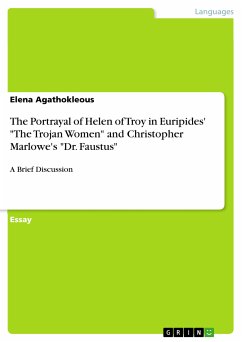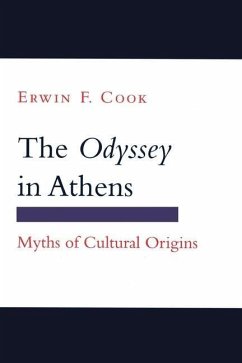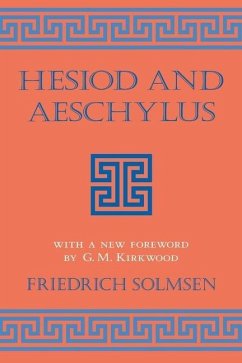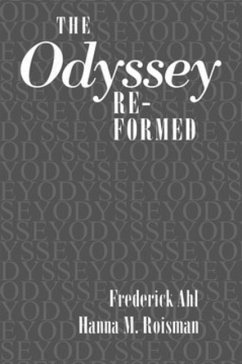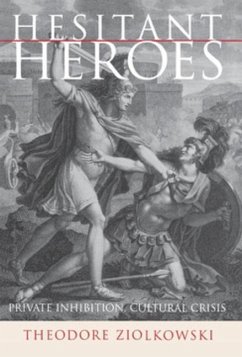Like the male heroes of epic poetry, Helen of Troy has been immortalized, but not for deeds of strength and honor; she is remembered as the beautiful woman who disgraced herself and betrayed her family and state. Norman Austin here surveys interpretations of Helen in Greek literature from the Homeric period through later antiquity. He looks most closely at a revisionist myth according to which Helen never sailed to Troy, but remained blameless, while a libertine phantom or ghost impersonated her at Troy. Comparing the functions of contradictory images of Helen, Austin helps to clarify the problematic relations between beauty and honor and between ugliness and shame in ancient Greece.
Austin first discusses the canonical account of the Iliad and the Odyssey: Helen as the archetype of woman without shame. He next considers different versions of Helen in the Homeric tradition. Among these, he shows how Sappho presents Helen as an icon of absolute beauty while she defends her own preference of eros over honor and her choice of woman as the object of desire. Austin then turns to three major authors who repudiated the traditional Helen of Troy: the lyric poet Stesichorus and the dramatist Euripides, who embraced the alternative myth of Helen's phantom; and the historian Herodotus, who claimed to have found in Egypt a Helen story that dispenses with both Helen and the phantom. Austin maintains that the conflicting motives that prompted these writers to rehabilitate Helen led to further revisions of her image, though none have endured as a credible substitute for the Helen of epic tradition.
Austin first discusses the canonical account of the Iliad and the Odyssey: Helen as the archetype of woman without shame. He next considers different versions of Helen in the Homeric tradition. Among these, he shows how Sappho presents Helen as an icon of absolute beauty while she defends her own preference of eros over honor and her choice of woman as the object of desire. Austin then turns to three major authors who repudiated the traditional Helen of Troy: the lyric poet Stesichorus and the dramatist Euripides, who embraced the alternative myth of Helen's phantom; and the historian Herodotus, who claimed to have found in Egypt a Helen story that dispenses with both Helen and the phantom. Austin maintains that the conflicting motives that prompted these writers to rehabilitate Helen led to further revisions of her image, though none have endured as a credible substitute for the Helen of epic tradition.
Dieser Download kann aus rechtlichen Gründen nur mit Rechnungsadresse in A, D ausgeliefert werden.



